Solar Panels Prices
A solar panel in Nigeria as it is everywhere else is used for generating electricity. Solar panels can enable individuals and businesses acquire 24 hour electricity at a much cheaper rate long term. Solar panels uses Solar Photovoltaic (PV) technology using semiconductors to convert sunlight into electricity. Using panels for domestic or commercial purposes is an excellent alternative to hydro and coal-based electricity. By using PVs, you can aid in the preservation of non-renewable resources.
The solar panel installation in your home or business can help create clean and green energy to reduce the amount of carbon dioxide generated because of burning coal. Solar panels mainly comes in two types. The poly-crystalline and mono-crystalline solar panels. Poly-crystalline solar panel has blue-hued PV cells with straight edges, while mono-crystalline solar cell made of single crystals of silicon or a hybrid model made from the combination of PV and thermal technology. The solar panel prices in Nigeria depend on the types of materials the panels are made from, the watts, and the type. See our variety of solar panels of various capacities from reputable brands like Canadian solar, Jinko and more.
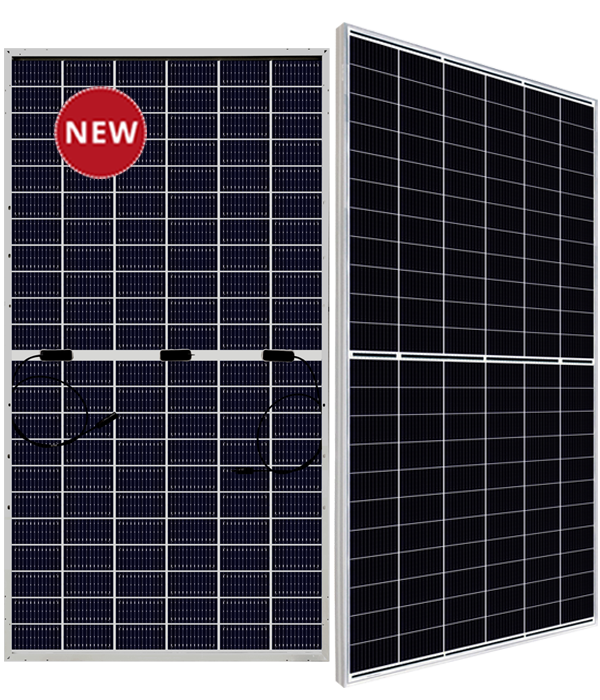
660 Watts Monocrystalline Solar Panels
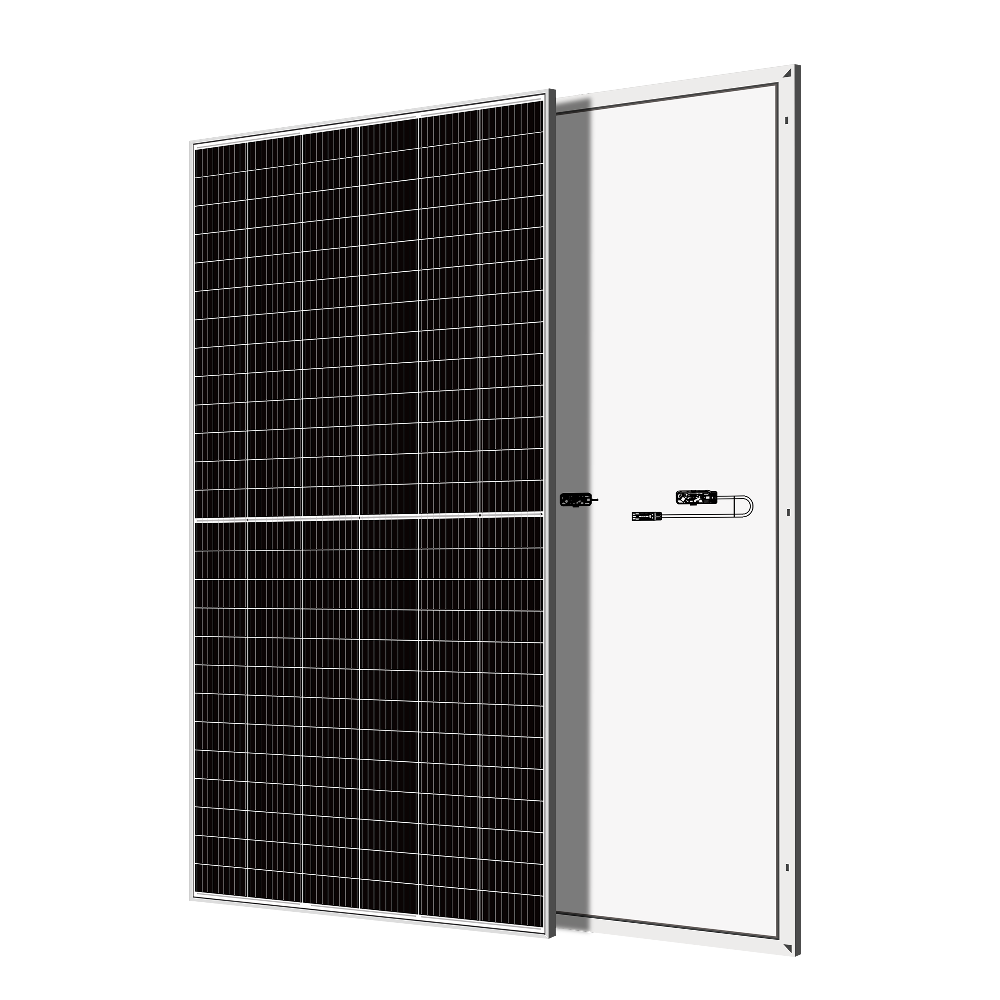
600 Watts Monocrystalline Solar Panels
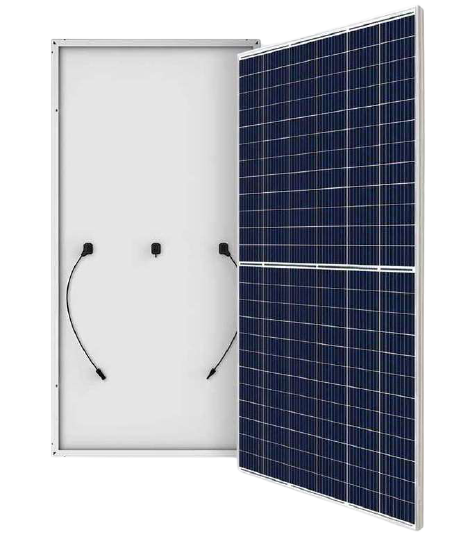
595 Watts Monocrystalline Solar Panels
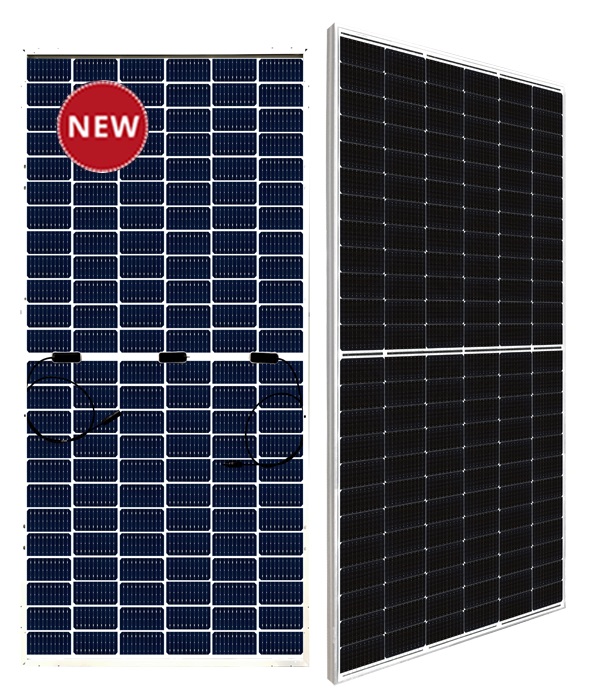
550 Watts Monocrystalline Solar Panels

410 Watts Monocrystalline Solar Panels
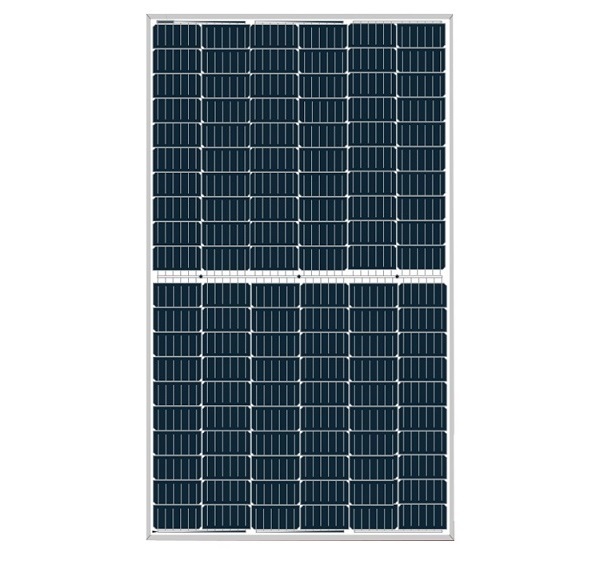
355 Watts Monocrystalline Solar Panels
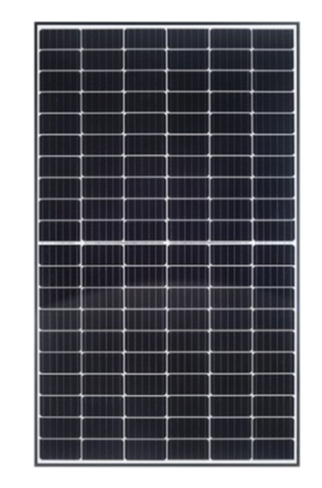
365 Watts Monocrystalline Solar Panels

375 Watts Monocrystalline Solar Panels
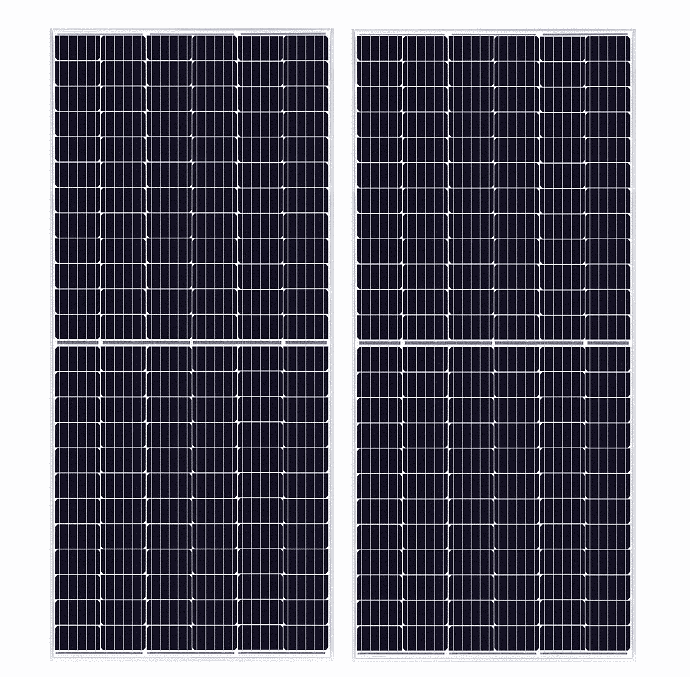
385 Watts Polycrystalline Solar Panels
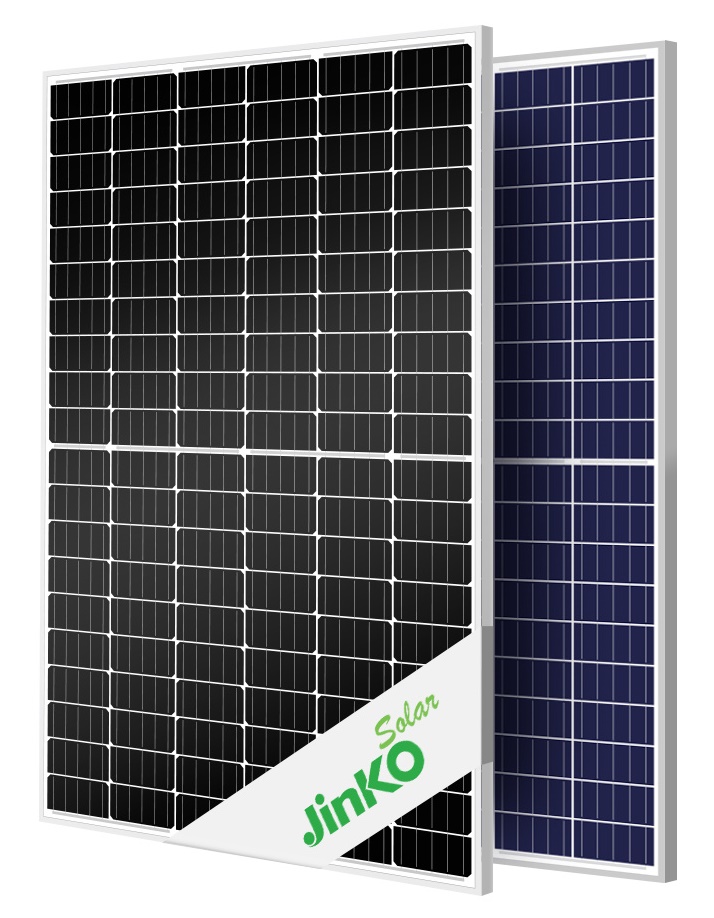
390 Jinko Watts Monocrystalline Solar Panels
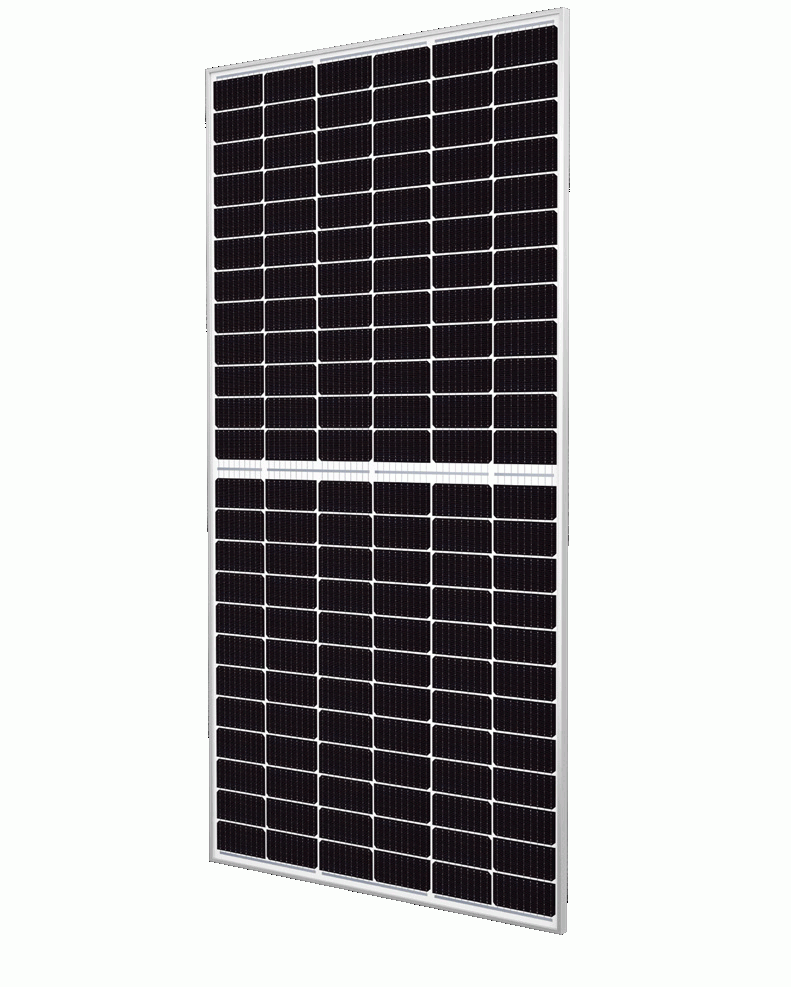
415 Watts Monocrystalline Solar Panels
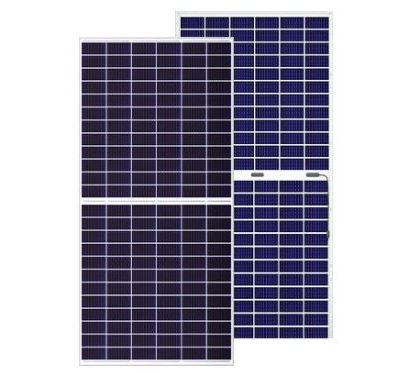
425 Watts Canadian Polycrystalline Solar Panels
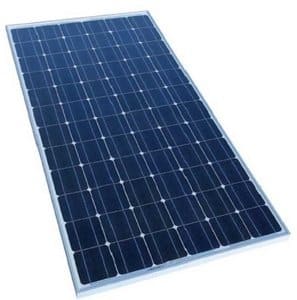
435 Watts Solar Panels Sales in Nigeria
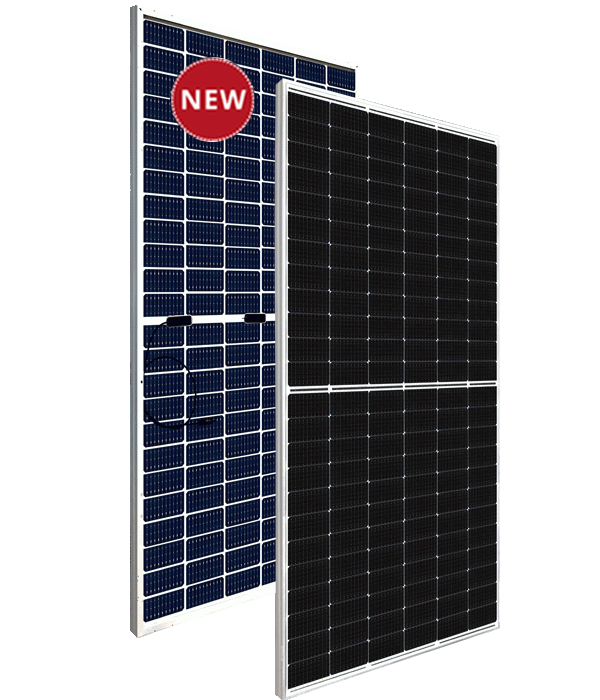
545 Watts Monocrystalline Solar Panels

550 Watts Canadian Polycrystalline Solar Panels
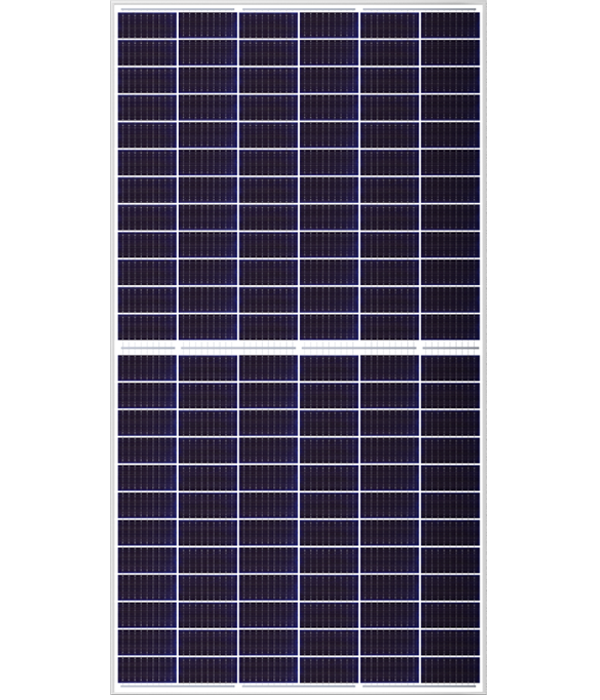
330 Watts Solar Panels Sales in Nigeria

300 Watts Solar Panels

270 Watts Canadian Polycrystalline Solar Panels
More About Solar Panels
Buy Solar Panels Online
With the constant rise of energy prices in Nigeria, it makes a lot of sense to install solar panels to produce greener energy for your domestic and commercial use and also avoid high energy bills. Solar panel installation is the cheapest source of electricity globally according to United Nations (UN) research.
In Nigeria and everywhere else, solar panels are constantly being installed by individuals who are heading towards a greener tomorrow and those who wish to cut down on their electricity bills and save money big time. Solar panels work by absorbing sunlight and generating energy from it.
If you are new to solar, you need to understand the type of solar panels available, the available space for installation, location, and mounting options, before you buy. Alternatively, you can contact our expert solar panel installers to help you out.
How do solar panels work?
Solar panels work by making use of the ‘photovoltaic effect’. There are specific materials that have the property of producing electricity when solar light or sunlight is made to fall/shine on them. This is what is referred to as the photovoltaic effect. Solar panels use this effect to convert the energy from the sun into direct (DC) electrical energy. During this generation process, the photons from the sun are projected onto the solar panel. The solar panel then releases electrons from atoms to generate direct current (DC) electricity. An electric field is then used to trap the electrons which flow into the solar inverter which is also a crucial part of the solar system installation. The inverter unit which may be hybrid or not is used to convert the free-flowing electrons into usable alternating current (AC) electricity. The excess energy from the solar system can be directed to a battery storage system and can be used later when the sun is down.
Types of Solar Panels
There are three main types of solar panels available today: Monocrystalline, Polycrystalline and Thin film panels. They are built with crystalline silicon cells and vary in several factors such as their efficiency level and prices.
1) Monocrystalline Solar Panels
Monocrystalline solar panels consist of a single crystalline structure. They possess the highest energy efficiency rate at around 15 to 21% just like the 600 watts solar panel. This percentage represents the amount of solar energy that is converted into usable electricity. So, in this case, Monocrystalline solar panels can convert 15 to 21% of the absorbed solar energy to AC electricity.
2) Polycrystalline Solar Panels
The Polycrystalline panels use polycrystalline cells which are also known as multi-crystalline cells in the PV space. They are more affordable since they have a lower silicon purity than monocrystalline panels. Their efficiency is also lower because they convert around 13 to 16% of solar energy into usable electricity. Polycrystalline panels also have a lower heat tolerance and are cheaper.
3) Thin Film Solar Panels
Thin Film solar panels have a low energy efficiency but are very cheap and can be produced on a mass. Thin-Film solar panels are the newest type of solar panel in the solar energy space. It’s the most versatile of the three types primarily because of its unique flexibility and manufacturing process. They are less powerful than the other two.
Solar energy solutions work out for your home and business benefit in so many ways. You can reduce your dependency on the energy from the national grid and cut down on electricity spending.

© 2019 All rights reserved. Gennex Technologies Limited is Nigerian's leading renewable energy company with head office in Lagos.
Head Office
Plot 25, Adebisi Ogunnuyi Crescent, off Oladimeji Alo Street, Ikate, Lekki, Lagos
Front Office: 02012934490
Hotline Sales
08171936361, 07060443895, 08105176707
WhatsApp: +2348171936361, +234 706 044 3895, +2348105176707
Hotline Quotation
08091023062
